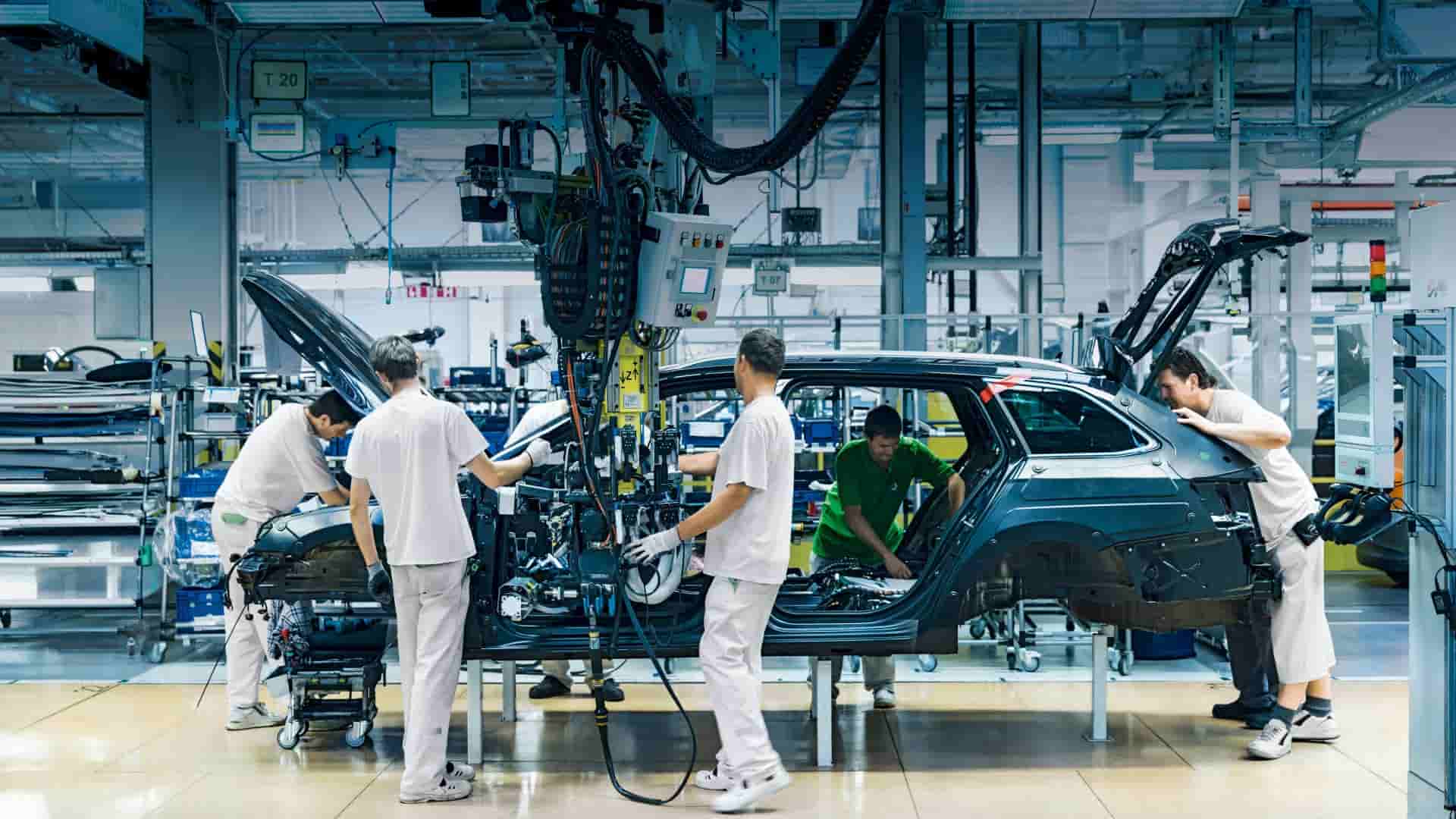Automotive engineering is a broad field that encompasses the design, development, manufacturing, testing, and maintenance of automobiles. Automotive engineers work on a wide range of vehicles, from passenger cars to commercial trucks and buses. They also work on a variety of components, including engines, transmissions, brakes, and suspension systems.
Automotive engineers use a variety of tools and techniques to design and develop vehicles. They use computer-aided design (CAD) software to create three-dimensional models of vehicles. They also use computer-aided engineering (CAE) software to simulate the performance of vehicles under various conditions.
Once a vehicle has been designed, it must be manufactured. Automotive engineers work with manufacturing engineers to develop efficient and cost-effective manufacturing processes. They also work with quality assurance engineers to ensure that vehicles meet all safety and performance standards.
After a vehicle has been manufactured, it must be tested to ensure that it is safe and performs as expected. Automotive engineers work with test engineers to develop and conduct tests on vehicles. They also work with regulatory agencies to ensure that vehicles meet all applicable safety and emissions standards.
Once a vehicle has been released to the market, automotive engineers continue to work on it. They make improvements to the design, performance, and safety of vehicles. They also work to develop new technologies for vehicles, such as self-driving cars and electric vehicles.
Automotive engineering is a challenging and rewarding field. Automotive engineers have the opportunity to work on cutting-edge technologies and to help design and develop vehicles that improve people’s lives.
Here are some of the specific areas of work that automotive engineers may be involved in:
- Engine design: Automotive engineers design and develop the engines that power vehicles. This includes designing the engine block, the crankshaft, the pistons, the valves, and the fuel system.
- Transmission design: Automotive engineers design and develop the transmissions that transfer power from the engine to the wheels. This includes designing the gears, the shafts, and the clutches.
- Brake design: Automotive engineers design and develop the brakes that slow down and stop vehicles. This includes designing the brake pads, the rotors, and the calipers.
- Suspension design: Automotive engineers design and develop the suspension systems that absorb bumps and keep vehicles stable. This includes designing the springs, the shocks, and the linkages.
- Body design: Automotive engineers design and develop the bodies of vehicles. This includes designing the exterior, the interior, and the safety features.
- Electrical systems design: Automotive engineers design and develop the electrical systems that power vehicles. This includes designing the batteries, the wiring, and the sensors.
- Testing: Automotive engineers test vehicles to ensure that they meet all safety and performance standards. This includes conducting crash tests, emissions tests, and durability tests.
- Manufacturing: Automotive engineers work with manufacturing engineers to develop efficient and cost-effective manufacturing processes.
- Quality assurance: Automotive engineers work with quality assurance engineers to ensure that vehicles meet all quality standards.
Automotive engineers typically have a bachelor’s degree in automotive engineering or a related field. Some employers may require a master’s degree or even a Ph.D. in automotive engineering.
Automotive engineers typically work in the automotive industry, but they may also work in other industries, such as the aerospace industry or the defense industry. Automotive engineers typically work full-time, and they may work overtime during peak production periods.
The median annual salary for automotive engineers is $88,060. The top 10% of automotive engineers earn more than $135,000.
Automotive engineering is a growing field, and the demand for automotive engineers is expected to continue to grow in the coming years. This is due to a number of factors, including the increasing demand for vehicles, the increasing complexity of vehicles, and the need to develop new technologies for vehicles.
If you are interested in a career in automotive engineering, there are a few things you can do to prepare. First, you should take courses in math, science, and engineering. You should also gain experience working on cars or other vehicles. Finally, you should network with automotive engineers and attend industry events.thumb_upthumb_downuploadGoogle itmore_vert






